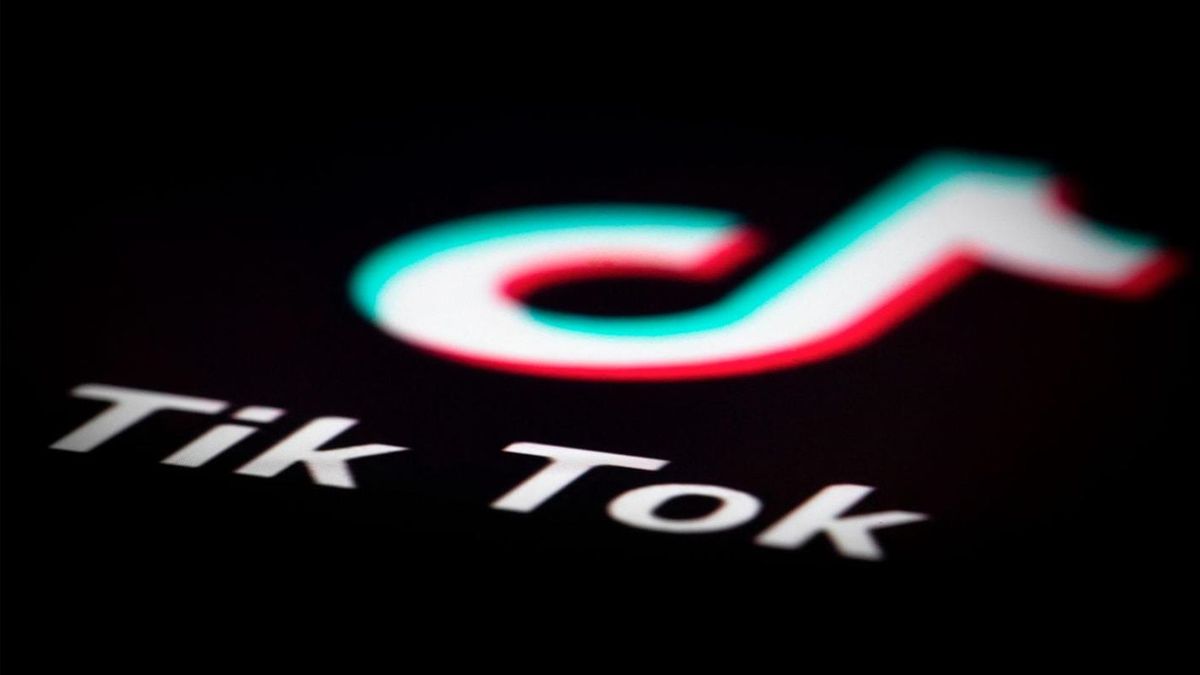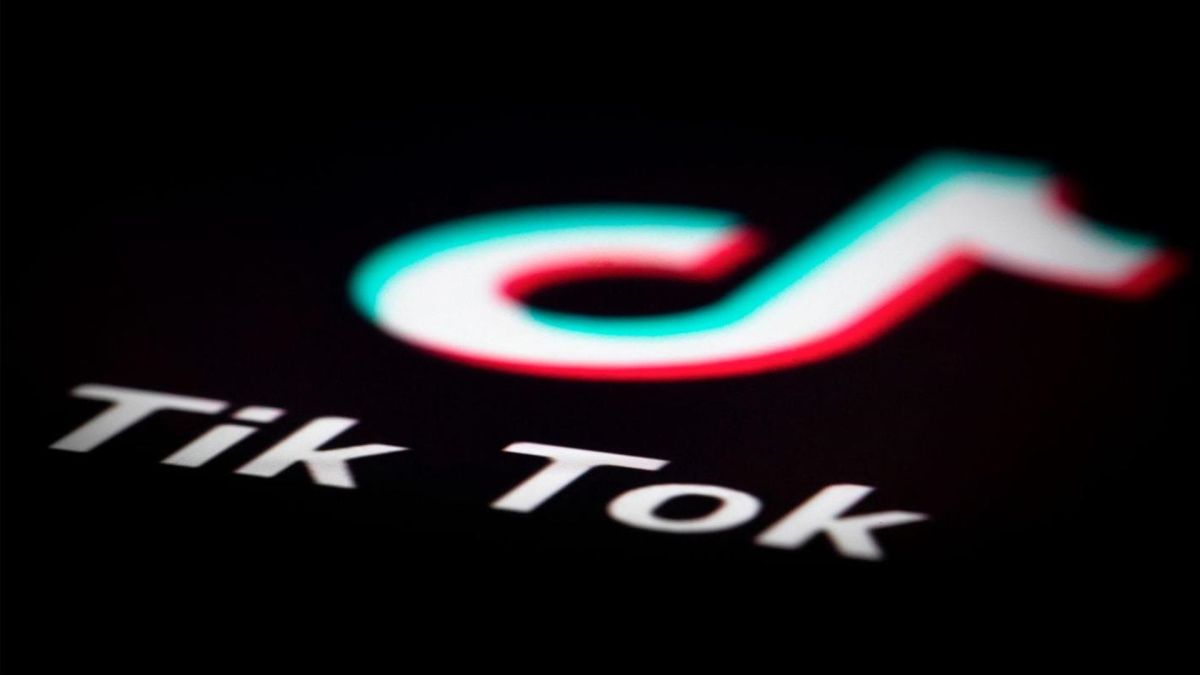
US President Donald Trump has issued an executive order that appears to ban Americans from doing business through TikTok and WeChat, two popular apps operated by Chinese technology companies ByteDance and Tencent, respectively.
The order specifically prohibits any “transactions” between any US citizen and the apps – although the specifics of what falls under that term are currently unclear.
The President issued two separate orders on August 6, one for each app, which will come into effect in 45 days.
In both the TikTok and WeChat orders, Mr Trump asserted that the Chinese-owned apps posed a threat to the country’s security, and stated “steps must be taken to deal with the national emergency”.
The order was issued under the International Emergency Economic Powers Act, which allows the White House to prevent its citizens and US companies from engaging in financial transactions with unauthorised entities.
As the order does not clarify what a transaction consists of, it’s uncertain what this means for the apps themselves, the US users who are currently making money on either platform, and whether Apple and Google will need to remove them from availability on their respective US app stores for iOS and Android.
Mr Trump’s decision follows similar moves by India, which banned the use of TikTok and WeChat, along with 58 other Chinese-owned apps in June.
What do TikTok and WeChat do?
TikTok is a social networking site for creating and sharing short video clips. It’s reached over 2 billion downloads, has up to 80 million active monthly users in the US, and it’s incredibly popular with teenagers.
WeChat is also a social media platform, primarily used for messaging and making mobile payments. It’s reported to have over one billion users worldwide, and the Trump administration alleges it also captures vast amounts of data about its users, potentially used by the Chinese government for internal surveillance.
The decision is a major blow for WeChat and TikTok, although how it affects Microsoft’s potential acquisition of the latter is currently unclear. The US tech giant still appears to be forging ahead with its talks, which follow Trump’s tentative approval of a deal last weekend.
Although WeChat and TikTok have been specifically targeted in the ban, the decision does not appear to affect other properties owned by TikTok owner Tencent, according to information received by LA Times tech reporter Sam Dean:
Video game companies owned by Tencent will NOT be affected by this executive order!White House official confirmed to the LA Times that the EO only blocks transactions related to WeChatSo Riot Games (League of Legends), Epic Games (Fortnite), et al are safe(pending updates)August 7, 2020
The Chinese juggernaut is the largest video game company in the world, and owns US development studio Riot Games, the outfit behind esports phenomenon League of Legends, which in 2018 earned $1.4 billion (£1.07bn / AU$1.94bn) in total revenue.
Tencent has been investing aggressively outside of China in recent years, and owns a substantial 40% stake in Epic Games – the US video game company behind the immensely popular Fortnite – as well as smaller 5% stakes in both Blizzard and Ubisoft.
Neither company has yet to issue a statement addressing the ban, nor has Microsoft commented as to whether this could affect its acquisition of TikTok.
